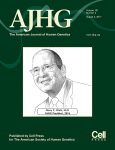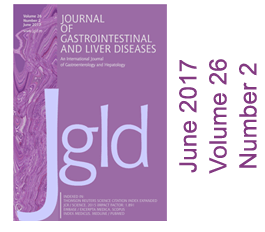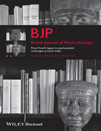 A BMJ journal has retracted a medical case report about a couple in the United Kingdom who were infected by parasitic worms while on a Caribbean cruise.
A BMJ journal has retracted a medical case report about a couple in the United Kingdom who were infected by parasitic worms while on a Caribbean cruise.
The paper in BMJ Case Reports included graphic photos of the patients’ buttocks, the site of the infection, which were republished within a week by UK tabloids.
Specifics about when and why the journal retracted the paper remains unclear. BMJ Publishing Group, the journal, and the corresponding author have not responded to multiple requests for comment.
A UK-based lawyer, who has represented doctors in cases that touch on publishing and media law, told us there could be legal trouble. Martin Soames, of London firm Simons Muirhead & Burton, told Retraction Watch that UK laws governing patient confidentiality or protection of personal information could apply, raising problems for both the publisher and the doctors who wrote the paper. [See update at the end of the post, in which the editor says the paper was removed, and “does not consider that there are any issues of liability.”] Continue reading BMJ journal pulls case report after UK tabloids publish graphic photos

 The father of a boy with a rare genetic mutation has accused a scientist of exploiting his child by proclaiming the defect a “genetic syndrome” and naming it after herself.
The father of a boy with a rare genetic mutation has accused a scientist of exploiting his child by proclaiming the defect a “genetic syndrome” and naming it after herself.


 A psychoanalyst has retracted an award-winning 2016 paper over concerns that it contained “sensitive” patient information.
A psychoanalyst has retracted an award-winning 2016 paper over concerns that it contained “sensitive” patient information. Researchers in Ireland have retracted a case study about a rare type of cancer in a child because – contrary to what they claimed in the paper – they had not obtained the necessary permission from the parents.
Researchers in Ireland have retracted a case study about a rare type of cancer in a child because – contrary to what they claimed in the paper – they had not obtained the necessary permission from the parents.
